The National Biodiversity Centre (NBC) is organizing the Training of Trainers on Participatory Plant Breeding from 30th September to 5th October 2013 at Paro for the on-farm conservation stakeholders from across the country. 21 participants comprising from Renewable Natural Resources Research and Development Centres (RNR RDC), extension officials from the on-farm conservation sites and members from NBC are taking part in the training program. The training is provided by Dr. Salvatore Cecarelli, a scientist from the International Center for Agricultural Research in the Dry Areas (ICARDA). The training is supported through Biodiversity Use and Conservation in Asia Program Project supported by South East Asia Regional Initiatives for Community Empowerment (SEARICE) and International Treaty on Plant Genetic for Food and Agriculture (ITPGRFA).
These projects are coordinated and implemented in collaborations with the Regional RNR RDCs and Dzongkhag Agricultural Sectors of the Project sites. Both the projects focus on the conservation, development and sustainable use of our crop genetic diversity.
Our country is known for its rich biodiversity and is considered as one of the ten biological hotspots in the world. Crop genetic resources are one of the components of biodiversity and are part of nation’s heritage which has been conserved and sustainably used and passed down from one generation to the next. It is fundamental raw material for crop improvement through farmers’ selection, classical plant breeding or modern biotechnology. These resources are the potential source of genetic raw materials for adapting to unpredictable environment changes.
However, the rate of cultivation of our traditional crop diversity is found to be on decline due to various reasons. As a response to this challenge, the National Biodiversity is making efforts to conserve and make sustainable use of these resources both ex situ (genebank) and in situ (on-farm). The participatory plant breeding is one of the methods for on-farm conservation and promotes use of local crop diversity. It attempts to develop crops and varieties that are better adapted to farmer’s local environmental conditions. The activities are carried out with the active involvement of farmers along with research scientists and extensions.
This training is expected to build the capacity of the stakeholders to carry out the participatory plant breeding and upscale the Participatory variety selection in their localities. This would enable them conserve and make sustainable use of our traditional crop varieties and strengthen the conservation program in Bhutan.
The training is in line to the mandates of the centre to coordinate and implement biodiversity conservation and sustainable use programs.
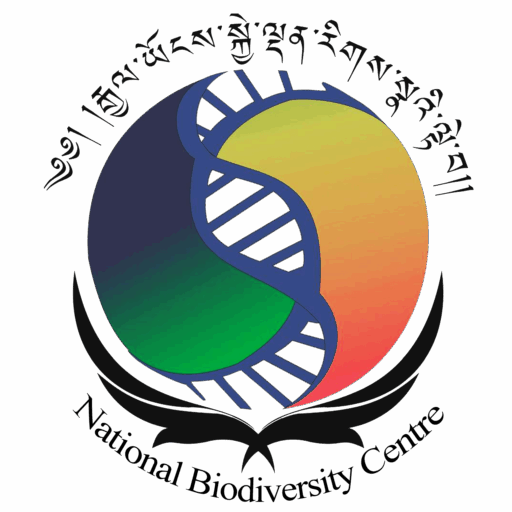


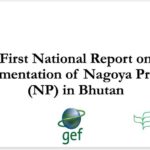
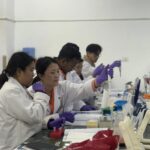
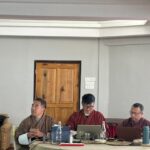
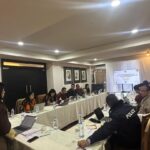
 Views Last 7 days : 1047
Views Last 7 days : 1047 Views Last 30 days : 4179
Views Last 30 days : 4179 Total views : 25319
Total views : 25319